FAQ
Frequently Asked Questions
We address your most pressing concerns about ransomware attacks. This resource is meticulously designed to enlighten you with essential knowledge.
HELPRANSOMWARE IS RECOMMENDED BY
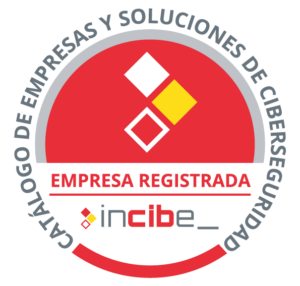






HELPRANSOMWARE IS RECOMMENDED BY
Ransomware Data Recovery Services
FREQUENTLY ASKED QUESTIONS
What is Ransomware Recovery?
How quickly can you respond to an attack?
Is data recovery from ransomware always guaranteed?
HelpRansomware provides a 100% guaranteed recovery from ransomware, with 24/7 worldwide assistance. Contact us for a free consultation.
How do you ensure the confidentiality of recovered data?
What steps should I take immediately after a ransomware attack?
Immediately disconnect from networks, avoid paying the ransom, and contact professional ransomware recovery experts like ours for assistance.
Do you offer support after ransomware attack recovery?
How to recover from ransomware attack?
Recovery involves isolating infected systems, analyzing the attack, utilizing ransomware decryption tools, and restoring data from backups where possible.
How long does it take to recover from ransomware?
Is ransomware recovery service for government agencies?
Is ransomware recovery for healthcare organizations?
How does the data recovery from ransomware attack process work?
The process of data recovery from a ransomware attack typically involves several key steps:
- Immediate Isolation: Disconnect the infected devices from the network to prevent the spread of ransomware.
- Identification: Determine the type of ransomware to understand its behavior and potential decryption methods.
- Secure Backup Data: Check if unaffected backups are available for restoration.
- Decryption Efforts: Use decryption tools if available for the specific ransomware.
- Data Restoration: Restore data from backups if decryption isn’t possible.
- System Clean-Up: Remove the ransomware from the system and ensure no remnants are left.
- Strengthen Security Measures: Update security protocols and systems to prevent future attacks.
- Continuous Monitoring: Keep monitoring for any unusual activities to ensure system integrity post-recovery.
What is the difference between individual and business ransomware recovery?
The key differences between individual and business ransomware recovery are:
- Scope and Complexity: Business recovery is often more complex due to larger networks, more data, and interconnected systems.
- Resource Allocation: Businesses typically have more resources and may require a coordinated effort across multiple departments.
- Impact: The impact on businesses is generally more significant, affecting operations, revenue, and customer trust.
- Compliance and Legal Considerations: Businesses have to consider regulatory compliance and potential legal implications, which are less of a concern for individuals.
- Recovery Approach: The recovery approach for businesses might involve more extensive forensics and long-term security strategy planning compared to individuals
Action Steps in Case of a Ransomware Attack
Here’s a quick guide on what to do the moment you suspect a ransomware attack:
- Do Not Power Off or Restart Your Infected Device
- Keeping the infected machine running preserves crucial evidence.
- Avoid Attempting to Recover the Ransomware Yourself
- It can lead to permanent data loss.
- Contact HelpRansomware
- We'll ensure all necessary steps are taken to address the attack. 24/7.
- Document Everything
- Note any unusual messages, ransom notes, or other details.
- Never pay the ransom
Ransomware Recovery Certifications
We are certified by these strict privacy & security protocols to bring you the best in ransomware recovery and data restoration.


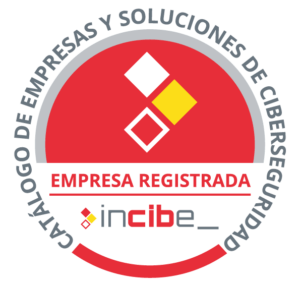



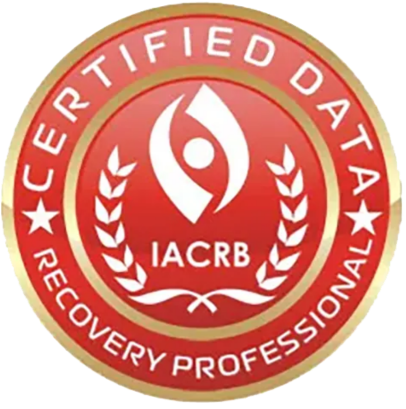

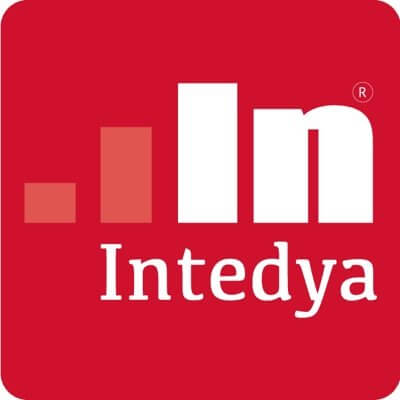
Action Steps in Case of a Ransomware Attack
Here’s a quick guide on what to do the moment you suspect a ransomware attack:
- Do Not Power Off or Restart Your Infected Device: Keeping the infected machine running preserves crucial evidence.
- Avoid Attempting to Recover the Ransomware or Decrypt Files Yourself: It can lead to permanent data loss.
- Contact HelpRansomware: We'll ensure all necessary steps are taken to address the attack. 24/7.
- Document Everything: Note any unusual messages, ransom notes, or other details.
- Never pay the ransom
Ransomware Recovery Certifications
We are certified by these strict privacy & security protocols to bring you the best in ransomware recovery and data restoration.
HOW WE DO
We Analyze & Recover Ransomware To Restore All Your Critical Data


Ransomware Analysis
Our Ransomware Analysis is a critical diagnostic stage where we scrutinize the encryption's anatomy and understand its unique footprint.
We have a forensic approach that ensures we know your adversary inside out.

Ransomware Recovery
We deploy cutting-edge recovery tools and our expert know-how to break the chains of ransomware.
Our goal is to outsmart the malware and unlock your data, restoring the access and control.
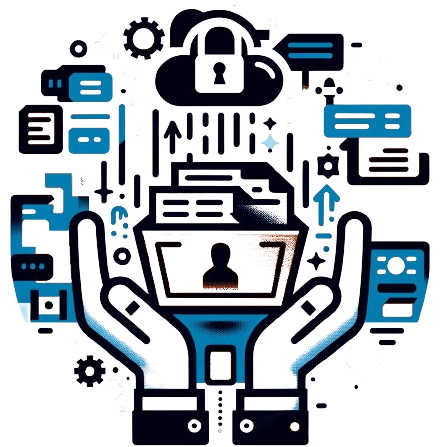
Data Restore
After breaking the recovery, we focus on what matters most—your data.
We handle your digital assets with the utmost care, using advanced restore techniques to resurrect your data.

Guaranteed Results
We stand behind our expertise and our service, ensuring that every file held hostage by ransomware is returned to you intact.
If we can’t recover your data, there’s no charge for our efforts.
Facing a ransomware attack can be daunting, but you’re not alone: HelpRansomware is at your service to secure your data and restore your peace of mind.
What you’re receiving:
- Free Initial Consultation
- Fast Ransomware Analysis
- Guaranteed Data Recovery
- Transparent Pricing
- 24/7/365 Operation
- Proven Ransomware Experts
1 Free consultation
2 Review your case
3 Send you a custom proposal
Browse Our Ransomware Expert Resources
AS SEEN ON
We are Recognized by Leading Publications
HOW WE DO
We Analyze & Recover Ransomware To Restore All Your Critical Data


Ransomware Analysis
Our Ransomware Analysis is a critical diagnostic stage where we scrutinize the encryption's anatomy and understand its unique footprint.
We have a forensic approach that ensures we know your adversary inside out.

Ransomware Recovery
We deploy cutting-edge recovery tools and our expert know-how to break the chains of ransomware.
Our goal is to outsmart the malware and unlock your data, restoring the access and control.

Data Restore
After breaking the recovery, we focus on what matters most—your data.
We handle your digital assets with the utmost care, using advanced restore techniques to resurrect your data.

Guaranteed Results
We stand behind our expertise and our service, ensuring that every file held hostage by ransomware is returned to you intact.
If we can’t recover your data, there’s no charge for our efforts.
Facing a ransomware attack can be daunting, but you’re not alone: HelpRansomware is at your service to secure your data and restore your peace of mind.
What you’re receiving:
- Free Initial Consultation
- Fast Ransomware Analysis
- Guaranteed Data Recovery
- Transparent Pricing
- 24/7/365 Operation
- Proven Ransomware Experts
1 Free consultation
2 Review your case
3 Send you a custom proposal






